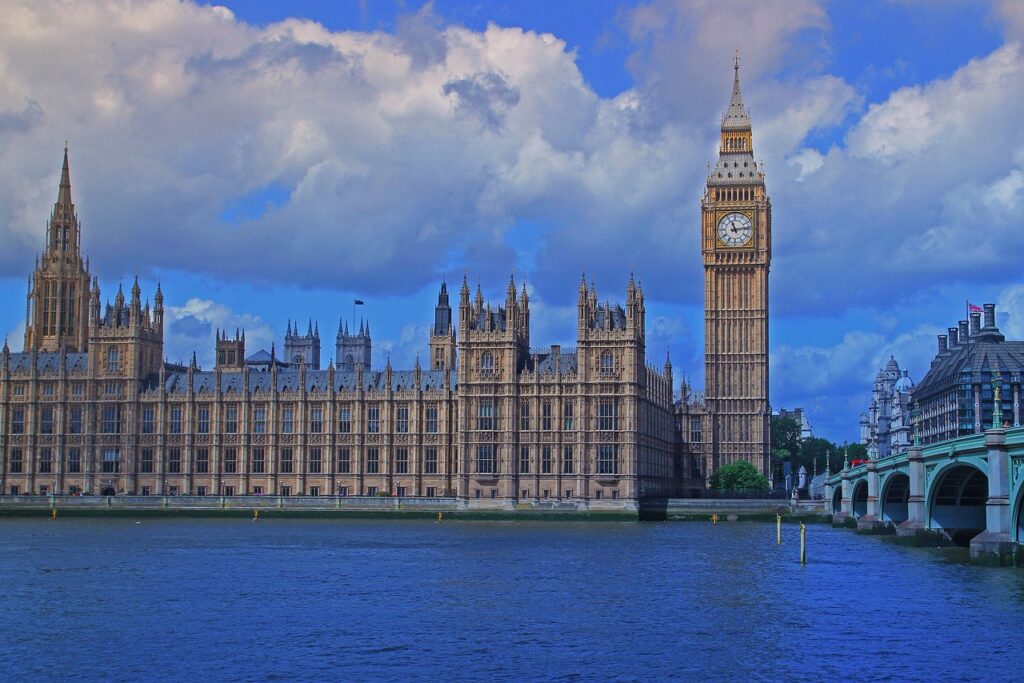Let’s go through one of the biggest tax-raising Budgets in history.
With the new government underway, our current Chancellor Rachel Reeves announced the 2024 Autumn Budget set to increase taxes by £40billion—we haven’t seen one this big for over twenty years! There is a lot to discuss. Contact us for a detailed and personalised guide on how these changes will affect you.
Fundamentally, the Budget aims to focus on ‘national renewal’ with a boost to public investment by over £100 billion over the next five years across roads, rail, schools and hospitals.
But what does this mean for you and your pocket? Let’s dive in:
- The Stamp Duty Land surcharge is set to rise on second homes, buy-to-let residential properties and companies purchasing residential property. From 2% to 5% from 31st October 2024.
- £5 billion investment confirmed to help build 1.5 million new homes. Including £3.1billion in increases to the Affordable Homes Programme. Over 2000 new homes are set to be built at sites across the country – like Liverpool Central Docks.
- There will be an increase in Capital Gains Tax. The lower rate of CGT will rise from 10% to 18%, and the higher rate from 20% to 24%. These new rates will match the residential property rates, which are not changing. While rates on carried interest are 32%. However, Private Residence Relief sees main residential properties as exempt from Capital Gains Tax.
- Social housing providers are allowed to increase rents above inflation under multi-year settlement. While discounts for social housing tenants buying their property under the Right to Buy scheme are to be reduced.
- Income tax band thresholds are set to rise in line with inflation after 2028, preventing more people from entering higher bands as wages rise.
For wages, benefits and pensions. The legal minimum wage for over-21s is to rise from £11.44 to £12.21 per hour starting in April. It is worth £1400/year for a full-time worker. Basic and new state pension payments will increase by 4.1% next year due to the “triple lock”, more than working-age benefits.
The Budget also announced that companies will pay National Insurance at 15% on salaries above £5,000 from April. The employment allowance – which allows smaller companies to reduce their NI liability – will increase from £5,000 to £10,500. The main rate of corporation tax, paid by businesses on taxable profits over £250,000, is to stay at 25% until the next election.
Meanwhile, in travel, a 5p cut in fuel duty on petrol and diesel from the previous government will continue until April 2026. But we’ll see a £2 cap on single bus fares rise to £3 from January. Air Passenger Duty will go up in 2026. By £2 for short-haul economy flights and £12 for long-haul ones. And in an encouragement to shift to electric cars, the Vehicle Excise Duty is set to double in the first year.
Other factors in the Budget include:
- Tax on non-draught alcoholic drinks to increase in line with inflation, but tax on draught drinks cut by 1.7%
- Extra £500m next year to repair potholes in England
- Day-to-day spending on NHS and education in England is to rise by 4.7% this year before smaller rises next year
- Defence spending to rise by £2.9bn next year
- Reeves announced a £22.6bn increase in the “day-to-day health budget” for the NHS
The Biggest Question on Our Minds: Will the Mortgage Rates Fall?
While no one can predict this, the rates on new, fixed deals have been dropping recently. According to independent forecasters at the Office for Budget Responsibility, the bank rate is expected to keep dropping. But considering the recent Budget news, some say interest rates won’t fall as far and fast as they had previously predicted.
Now is a great time to lock in a new rate. Contact us for more information.
